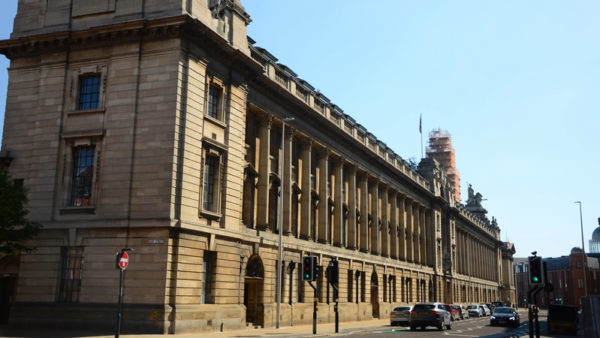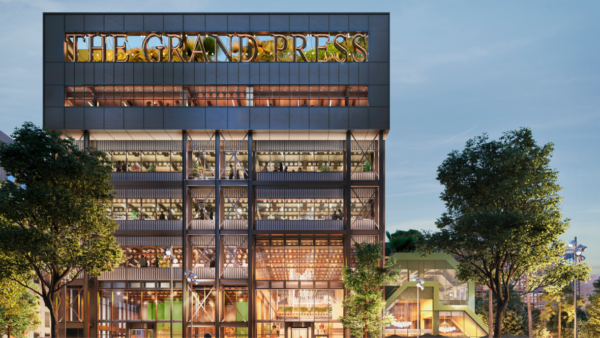Housing minister Christopher Pincher has announced six finalists of a competition to design homes of the future.
The Home of 2030 design competition is a cross-departmental initiative, with government funding, launched to encourage innovation in the housing market with a focus on efficient, healthy, green homes.
Each applicant was asked to submit outline designs for homes which were age-friendly, promoted healthy living, applied technology and construction techniques to deliver net zero carbon emissions, and which were deliverable and scalable.
The six finalists (listed below) have each been awarded £40,000 in funding to develop detailed plans of their designs.
The winning entry, which is to be announced in the autumn, will be offered the opportunity to develop bids for homes on Homes England land with selected Homes England development partners.
Minister for Clean Growth and Energy, Kwasi Kwarteng said: "Cutting homeowners’ heating bills and making buildings greener is the next step in our plans to reach net zero emissions by 2050, and pioneering low-carbon initiatives like these will future-proof our housing stock for years to come."
The finalists’ announcement follows the government’s launch of its Planning for the future white paper, which outlined planning reforms.
Home of 2030 competition finalists
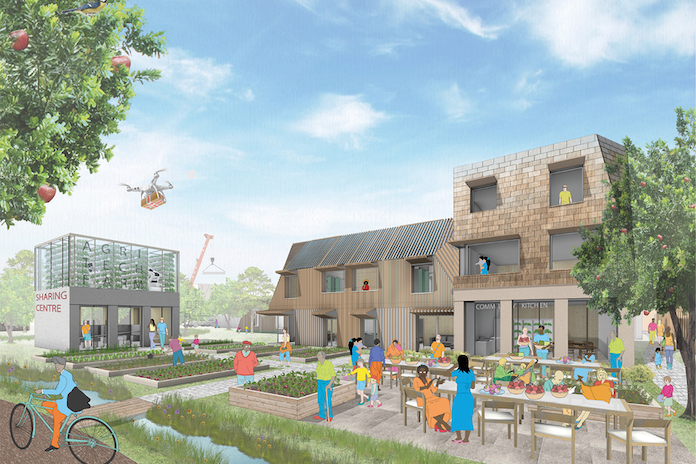
The Positive Collective (changebuilding Perpendicular Architecture & humblebee) with ECOSystems Technologies, COCIS and Arup: Homes that seek to reduce carbon emissions and encourage social interaction, including through food grown in communal spaces and areas such as ponds to promote biodiversity.
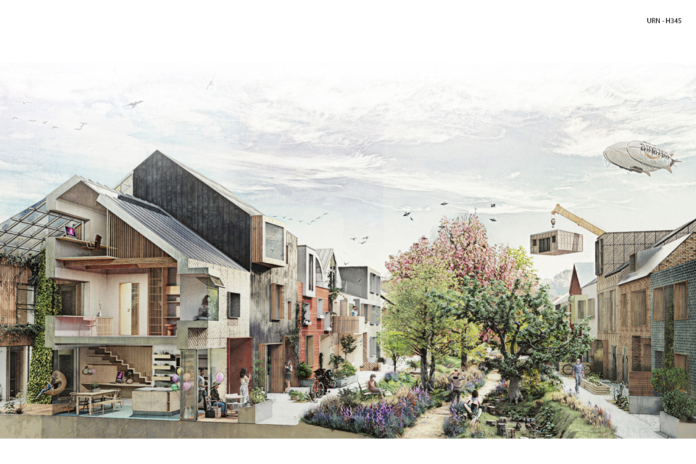
HLM Architects with the Advanced Manufacturing Research Centre and Green Build: Homes built using interchangeable parts with other homes, creating a circular economy in which little is wasted.
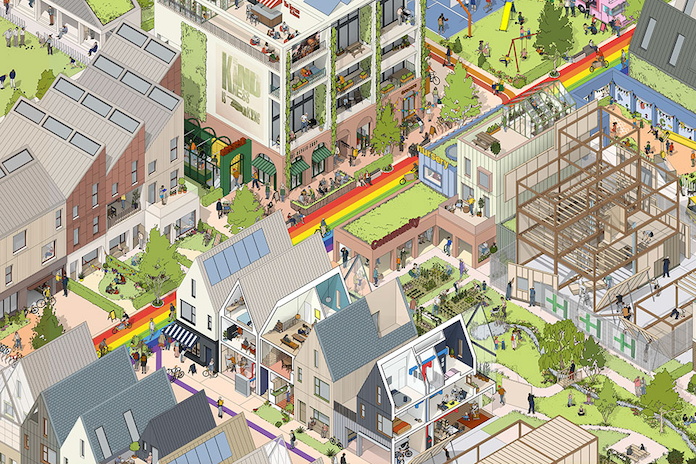
Igloo Regeneration with Useful Projects, Expedition Engineers and Mawson Kerr Architects: Homes with simple frame structures and standardised components set amidst walkable, vibrant neighbourhoods.
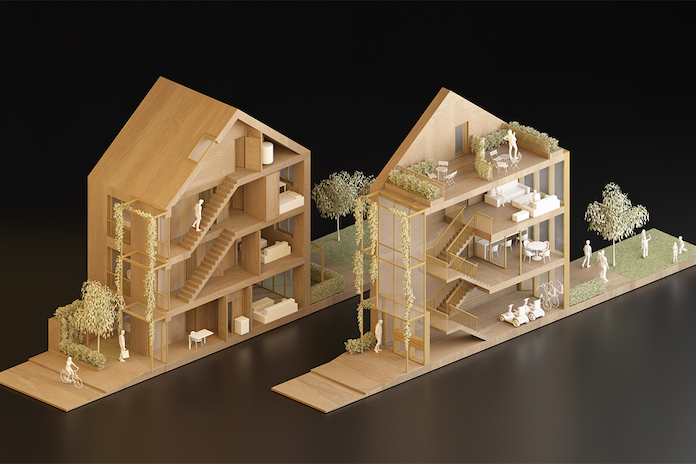
Openstudio Architects Ltd: Three building elements (a standardised housing module, an open ‘Loft’ and a circulation, storage and shared module) are used in combination with 3 landscape elements (communal green space, small private gardens or upper level balconies and terraces, and front gardens) to create combinations of sustainable, age-friendly spaces.
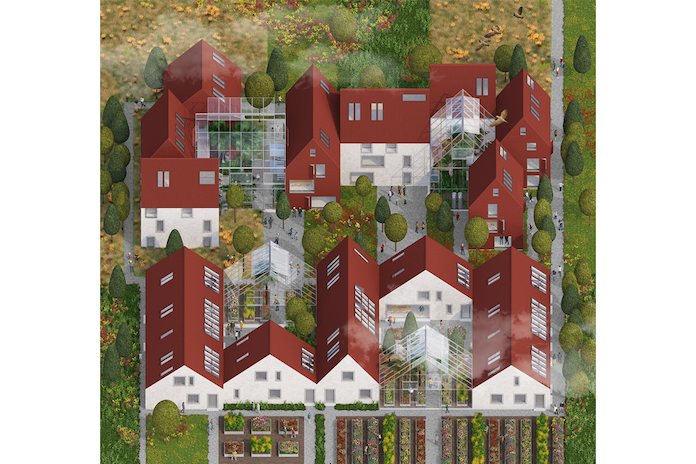
Outpost Architects and team: Janus, a home constructed from 98% organic biomass material (primarily timber and straw).
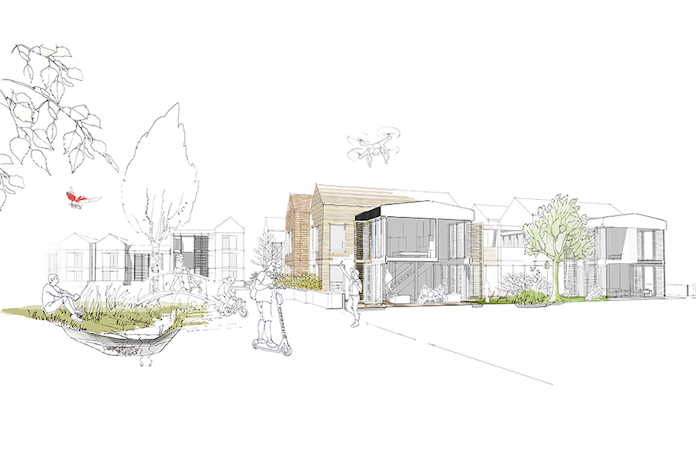
Studio OPEN: Promoting community and caring for others through a central garden shared between 4 homes that are built with locally sourced materials and timber construction methods to reduce environmental impact.




